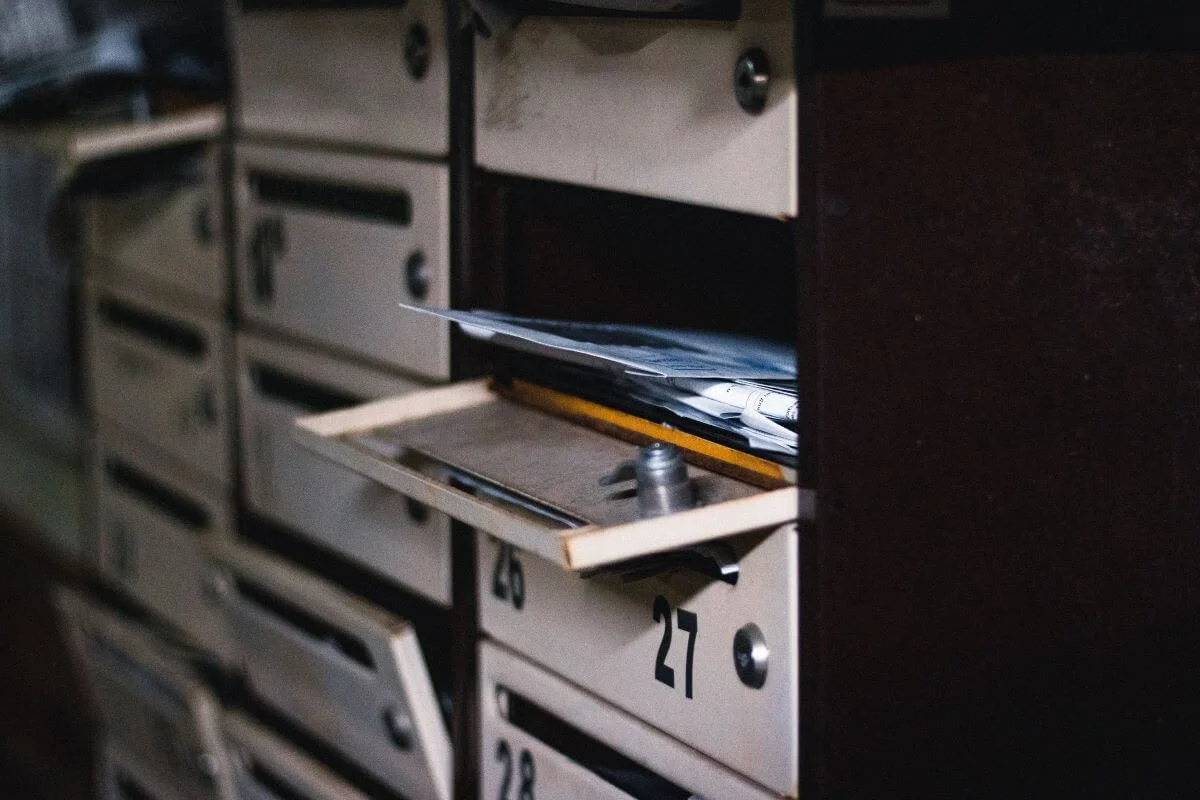308 Notices: Qualified Delivery to the Rescue
Often our clients are surprised to learn that when probating a will in Texas in an uncontested matter, an applicant is not required to give specific notice to anyone until after the will is admitted to probate. Though the probate court must post notice that a will has been offered for probate, until the will is admitted to probate, no specific notice is required.
After a will is admitted to probate, under TEC section 308.002, a personal representative must give notice to the beneficiaries of the will. Until the most recent session of the Texas legislature, the notice had to be sent by registered or certified mail, return receipt requested.
In the past, proof of receipt by certified mail was the gold standard. However, the mail “ain’t what it used to be.” In more recent years, USPS delivery of certified mail is fraught with difficulties, and those problems have only worsened since the pandemic. Sometimes letters are simply lost in the mail. Many beneficiaries do not routinely go to the post office and can delay so long in signing for certified mail, the letters are returned unclaimed. When we do receive the return receipt green cards, they are often unsigned, and many times they simply do not come back at all. All of these issues may seem minor, but they regularly add administrative expense and cause lost time.
Timeliness is an issue because not later than the 90th day after the date of an order admitting a will to probate, the personal representative must file an affidavit stating that the required notices were given. TEC 308.004(a). Failure to timely file this affidavit is one ground for potential removal of an independent executor from their role as personal representative of the estate. TEC 304.0035(a)(3).
In order to address the issue, we were increasing our use of waivers, but T-REP has come to the rescue with the new Qualified Delivery Method contained in SB 1373, which will become effective September 1, 2023. SB 1373 amends the sections in the TEC requiring delivery by certified mail, including section 308, to allow for delivery by a qualified delivery method, which is defined as:
Sec. 22.0295. QUALIFIED DELIVERY METHOD. "Qualified delivery method" means delivery by:
(1) hand delivery by courier, with courier's proof of delivery receipt;
(2) certified or registered mail, return receipt requested, with return receipt; or
(3) a private delivery service designated as a designated delivery service by the United States Secretary of the Treasury under Section 7502(f)(2), Internal Revenue Code of 1986, with proof of delivery receipt.
The changes to Section 308.002(d) apply to cases filed on or after September 1, 2023.
As of the writing of this post, the designated delivery services (called designated private delivery services, or PDSs in federal jargon) include specific services of DHL Express, FedEx, and UPS. Not every delivery service by these three providers is authorized; only the specific services under each that have been approved may be used. You can check the most recent list on the IRS website here: https://www.irs.gov/filing/private-delivery-services-pds
We’re looking forward to taking advantage of these new options and we hope they add a little extra efficiency for our probate clients.

